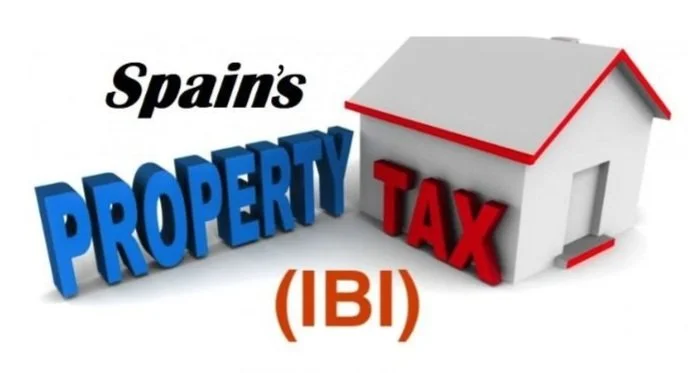Becoming an Expat in Spain: Volume 14
IBA OR SUMA TAX IN SPAIN
Ibi tax stands for: the ‘Impuesto sobre Bienes Inmuebles’,
In some regions of Spain it is referred to as SUMA TAX.
It is a property tax similar to council tax in the UK guaranteeing local councils are adequately funded so they can provide local services.
IBI tax and non-resident taxes are different, and both need to be paid.
Property owners must file a non-resident tax return each year.
IBI tax is automatically applicable irrespective of the owner’s status or the occupation or otherwise of the property itself and does not require a tax return to be filed
In addition to the funding of local services, the IBI tax provides a property valuation which is known as the ‘valor cadastral’, or cadastral value and is the figure upon which all property-related taxes will be based and is therefore crucial when considering the purchase of a property.
IBI tax is calculated upon:
The cadastral value of the property (the rateable value);
The property size;
Its location;
Construction costs;
The title and lease details;
The age of the property and its condition;
The characteristics of the land upon which it is built;
Its proximity to local amenities;
Town halls use this information to produce reports which are then independently assessed by a property valuer.
Town halls send a letter outlining what is owed , when it needs to be settled by and how it can be paid.
Beware - You are responsible for paying the tax. Even if you do not receive notification so you should diarise to check with the town hall if your notification has not been received.
Failing to pay your annual IBI tax has serious consequences.
The local authority will enforce late payment penalty fees of up to 20% of the amount owing.
Accumulated unpaid fines can result in your bank account being frozen or even your property being seized.
Even if you are not actively pursued for payment, the town hall will keep a record of the unpaid taxes meaning when you or your beneficiaries need to sell the debt will be highlighted and will lead to complications that will delay matters until the debt is settled.
For more information, contact us for a free consultation.

